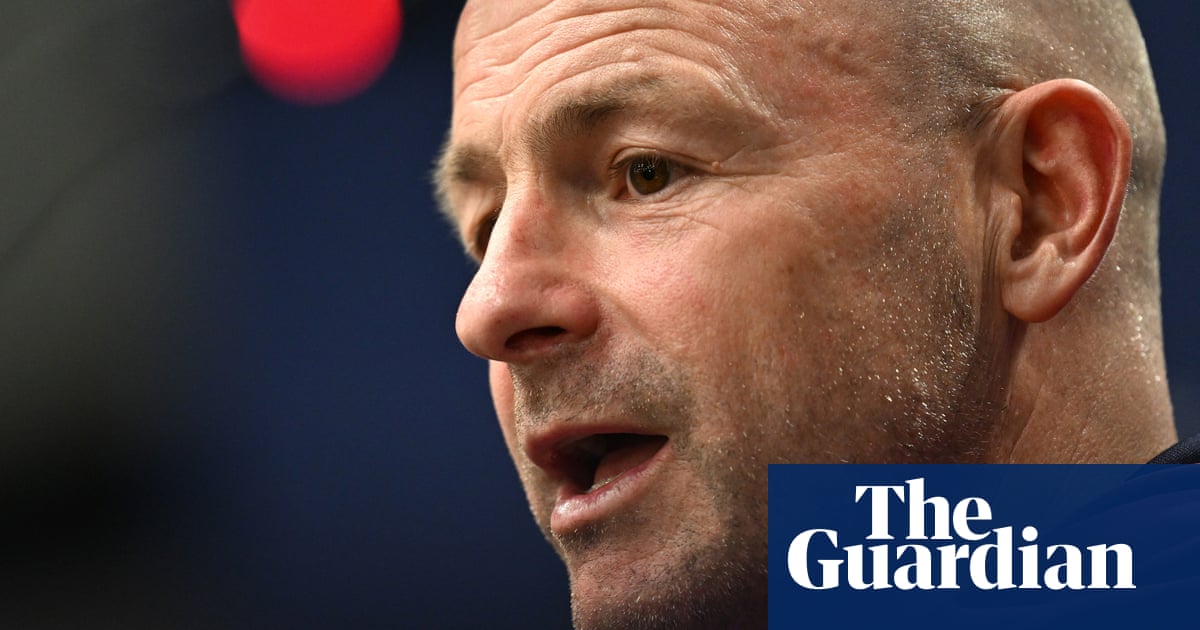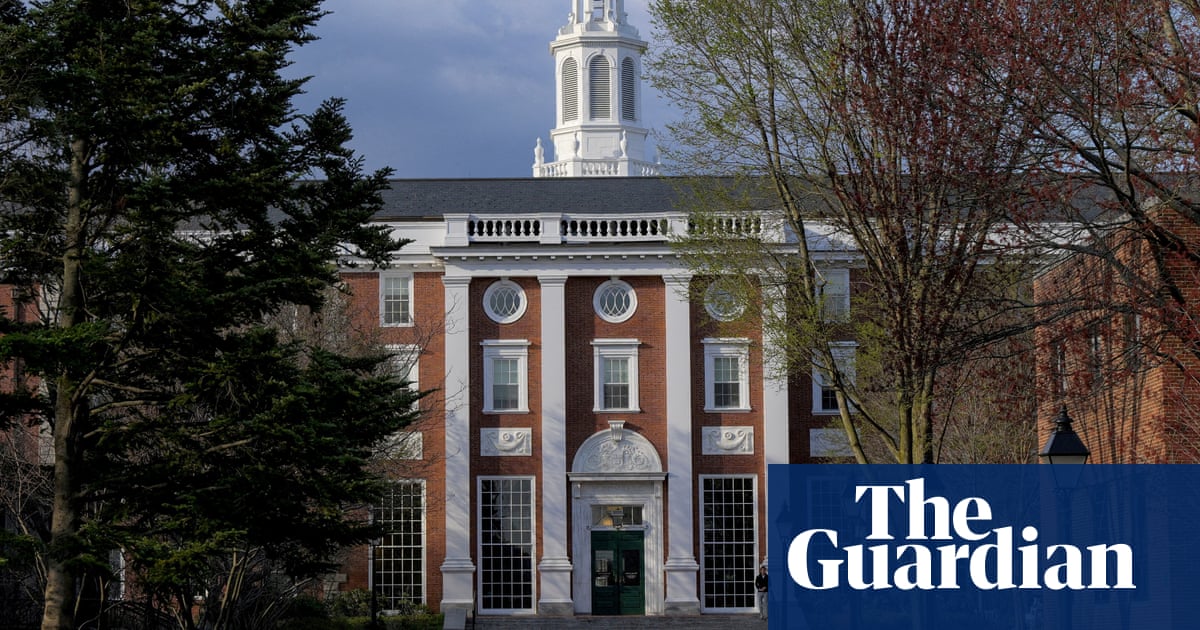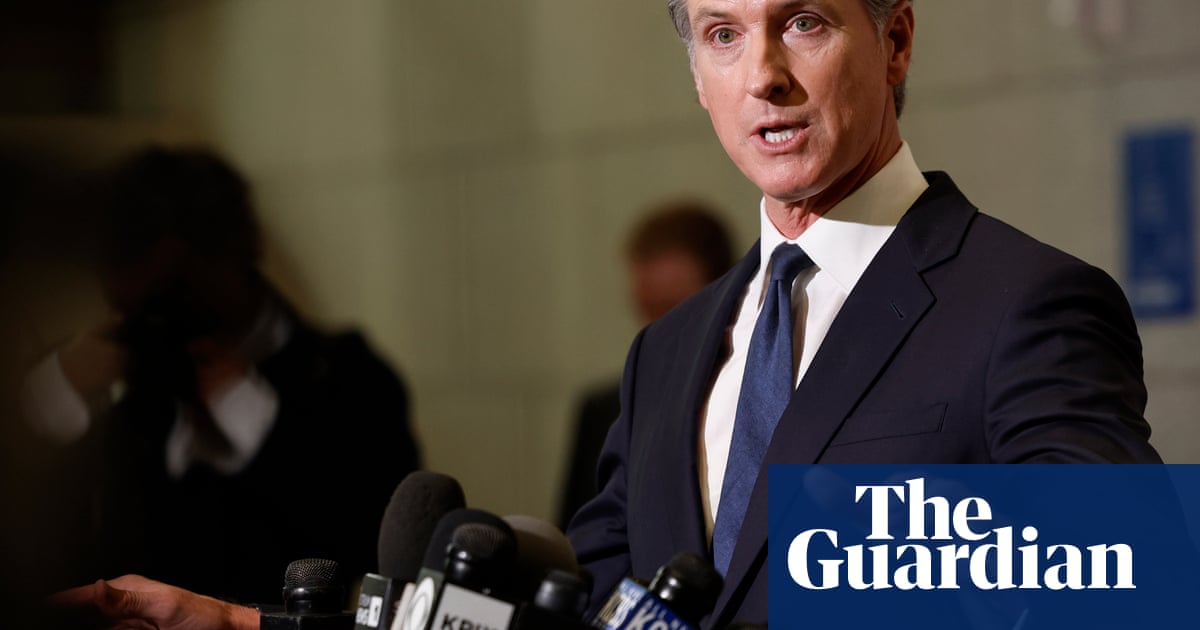Rachel Reeves is expected to extend a freeze on income tax thresholds to raise fresh funds after the government’s U-turn on welfare cuts left her with a growing budget hole.
The chancellor was already facing pressure to backtrack on pledges not to increase taxes further as she attempted to fix public services and grow the economy while meeting her fiscal rules.
However, Keir Starmer’s U-turn late on Thursday has increased the likelihood that she will raise taxes or cut spending in the autumn budget.
Independent commentators are all but unanimous in expecting taxes to go up – and many point to the threshold freeze, which is estimated to raise £8bn a year, as the most likely option.
The freeze, introduced by the former Conservative chancellor Jeremy Hunt, drags ever more people into paying the higher rate of tax and is due to end in 2028. The number of people in the UK paying income tax at the higher rate is already expected to increase by 500,000 this tax year, to 7 million.
“The most obvious thing would be to extend the income tax thresholds, for another two years,” said Ruth Curtice, director of the Resolution Foundation thinktank – which estimates that the U-turn on disability benefits will cost the chancellor £3bn a year by 2029-30.
That bill comes in addition to the £1.25bn price of Reeves’ recent decision to reverse most of the cut to pensioners’ winter fuel allowance – and the widely held expectation that the Office for Budget Responsibility will downgrade its growth forecasts in the autumn.
The Treasury’s independent watchdog is revisiting its estimate of productivity – a key determinant of economic growth – which looks optimistic relative to most independent forecasts.
Paul Johnson, the outgoing director of the Institute for Fiscal Studies, said the U-turns on benefits could be dwarfed by the probable downgrade from the OBR.
“In one way this [the welfare U-turn] doesn’t change anything very much – it’s a £3bn-£4bn change at the end of the period, and the OBR forecast could change things by a lot more than that – but obviously if the OBR moves in the wrong direction then this adds to the pressure,” he said.
Johnson pointed out that the most straightforward ways of raising large enough sums had been ruled out by Labour’s pre-election tax pledges. “There are always ways of finding small numbers of billions, but if you are looking for £10bn or £20bn it gets really quite difficult, if you’re not going to increase income tax or VAT,” he said, adding, “the threshold freeze is obviously the politically easiest thing to do.”
Simon Wells, chief European economist at HSBC, agreed. “They’re boxed in and something has to give,” he said. “The income tax thresholds is by far and away the line of least resistance.”
Mujtaba Rahman, managing director at the consultancy Eurasia Group, said: “Reeves may have to find up to £20bn to balance the books and give her enough headroom for future emergencies from a series of small-scale changes. They are likely to include extending the freeze on income tax thresholds and allowances for another two years.”
The chancellor’s team continue to insist that there is no inevitability about tax increases, pinning their hopes on a rosier economic outlook by the time of the autumn budget.
after newsletter promotion
They claim that firms have become more upbeat about the UK as an investment prospect, and many consumers are benefiting from above-inflation pay rises. “Sentiment is really changing,” argued a Treasury source.
Asked earlier this week about recent worse-than-expected public finances figures, Reeves said: “I wouldn’t read too much into one month’s data. It’s just one of a number of factors that will affect the next forecast that the Office for Budget Responsibility will produce.”
However, there is also frustration in government at the way the OBR’s forecasting process, combined with the slim £10bn of headroom Reeves has against her fiscal rules, has led to constant market speculation about the chancellor’s next move.
One proposal made recently by the International Monetary Fund (IMF) was for just one OBR forecast a year. The Treasury is understood to be sceptical about this idea, as it would make the UK an international outlier – but officials are understood to be looking at the nature of the spring forecast.
Downgrading its role could prevent the scramble for savings seen in the run up to this year’s spring statement which led to the welfare cuts.
The Bank of England governor, Andrew Bailey, this week warned against “over-interpreting” the Office for Budget Responsibility’s forecasts.

 6 hours ago
2
6 hours ago
2

















































